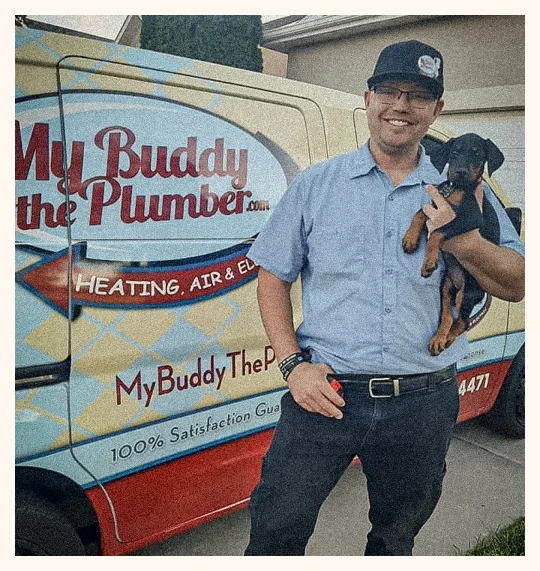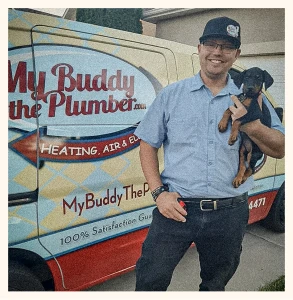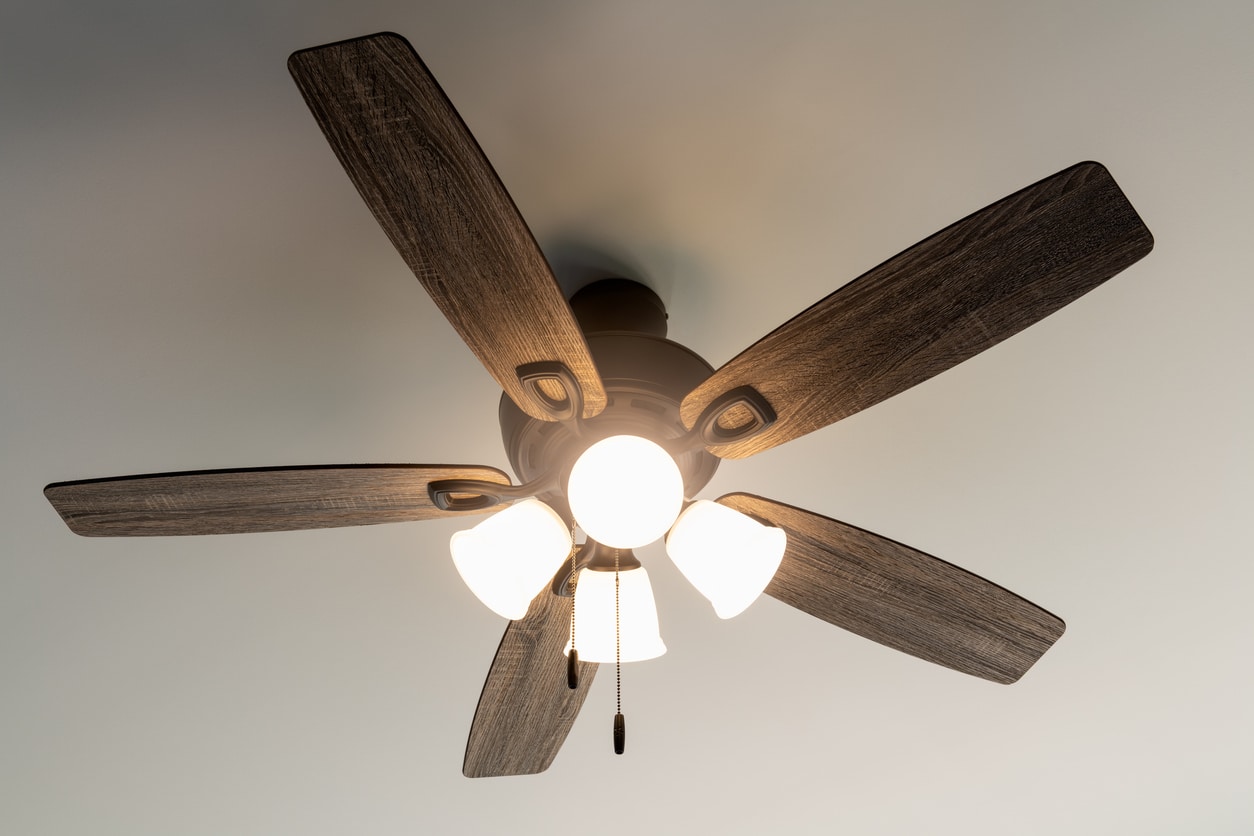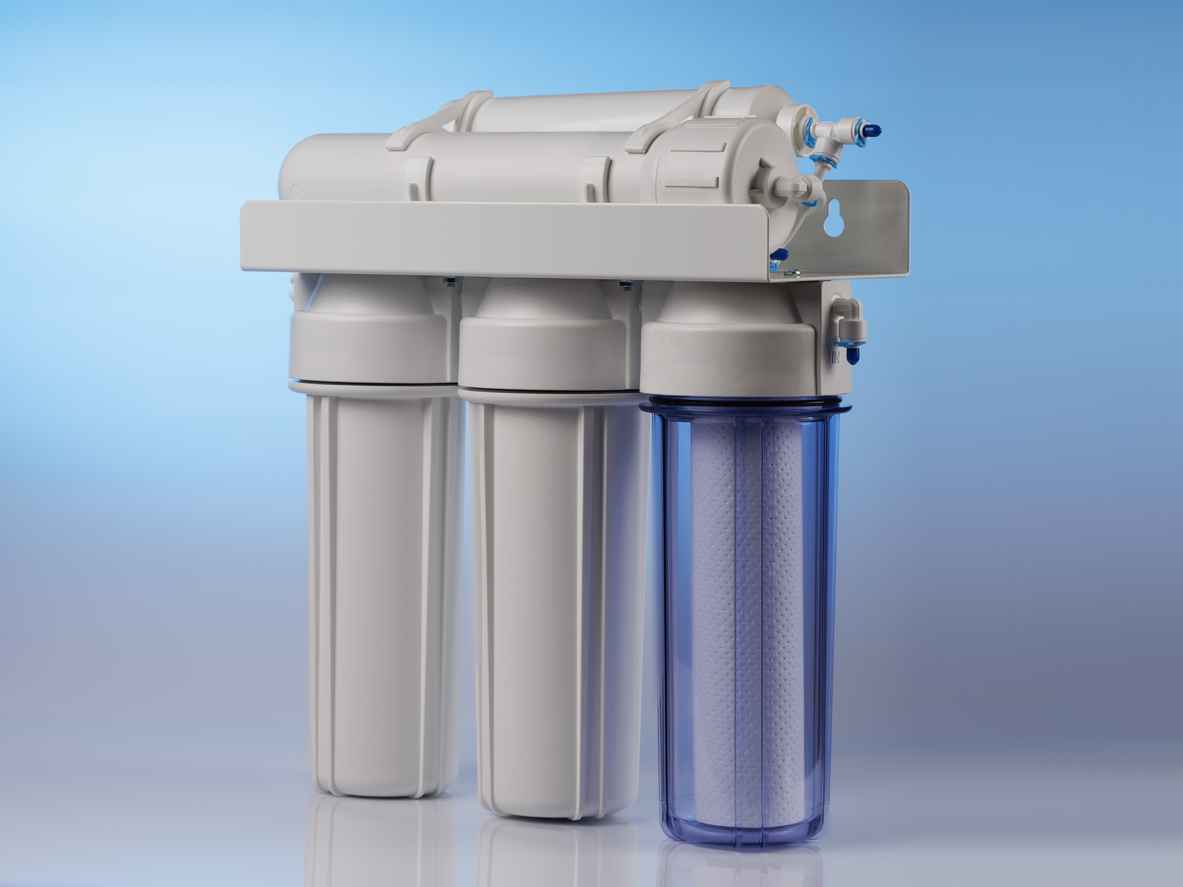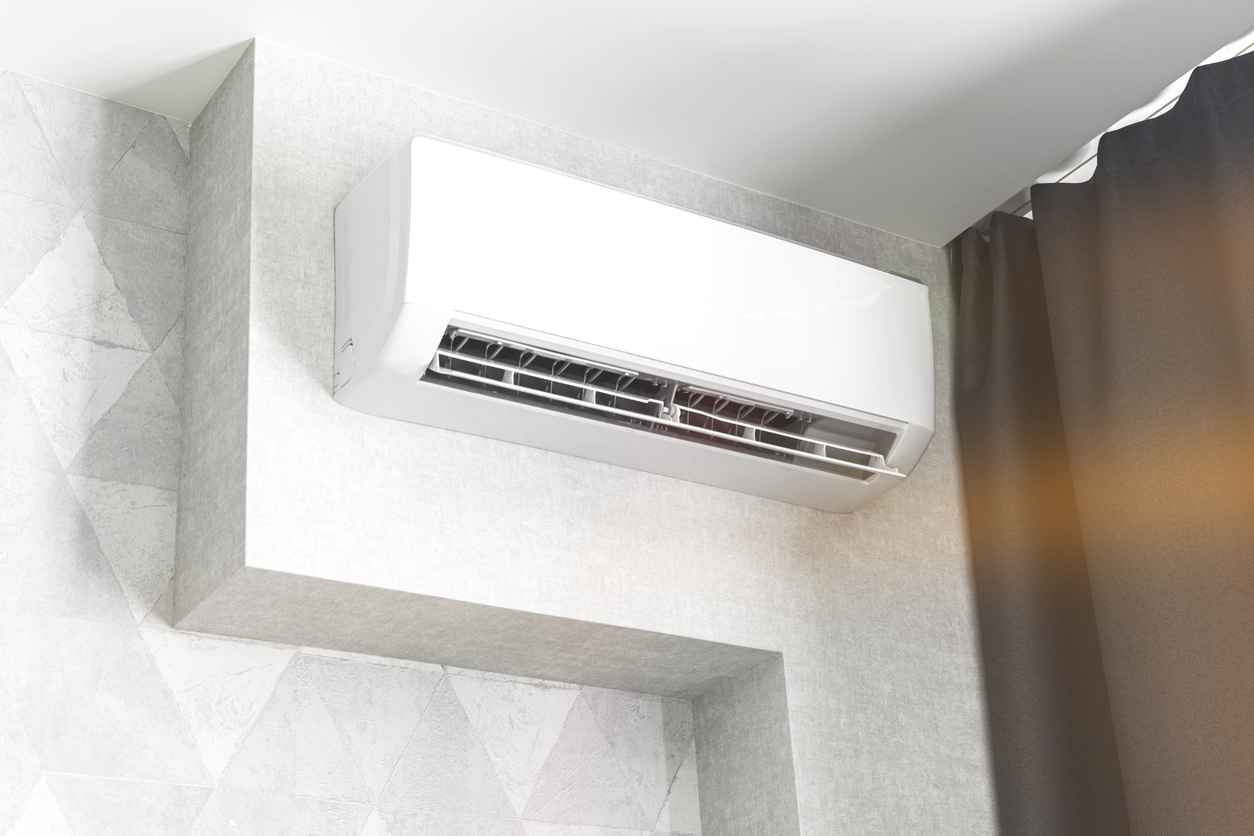Meanings of Odors Coming from the Air Conditioner
There are a few potential indicators that might tell homeowners they’re dealing with problems in their air conditioner, and one good example here is the presence of various odors. Usually emanating throughout your air supply, but sometimes even more noticeable at the actual outdoor AC unit, these odors might mean a variety of things, from easily-remedied minor issues up to concerns that might indicate a need for replacement of the unit itself.
At My Buddy the Plumber, we’re happy to help with numerous air conditioning needs, from basic repairs and maintenance up through air conditioning installation for those who need a new unit. We’ve assisted many clients who are dealing with some sort of poor smell coming from their AC, both with diagnosing the problem and remedying it for the lowest cost possible. What are some of the most common smells you might pick up from your AC, what might they mean, and what can you – either on your own or with the assistance of our HVAC specialists – do about them? Here’s a primer.
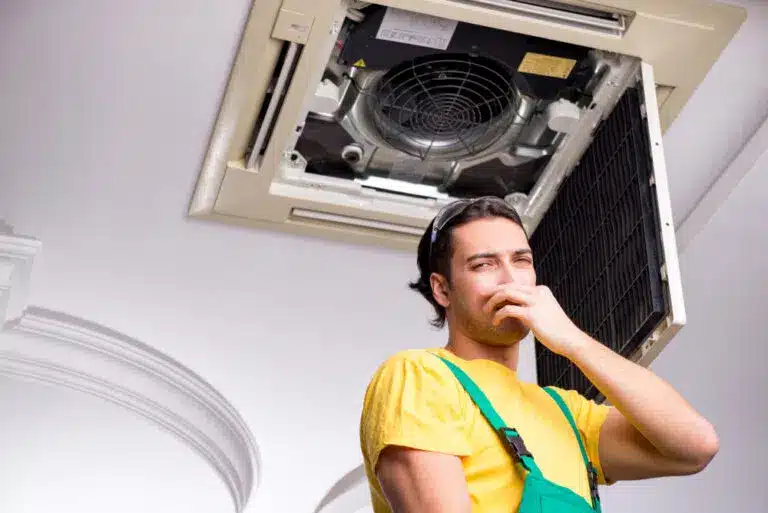
Burning Smell
You may not have ever looked at the interior of your AC unit, but we’re here to tell you: There are several electrical components that make up its operational materials, from basic wires up through circuit boards, compressors, fans and others. And in most cases where you smell burning from the unit, it means that one of these components is, well, burning, likely due to overheating caused by some kind of internal failure.
In this situation, your first immediate step should be to turn off power to the air conditioner unit. You should not attempt DIY repairs here, as this could be dangerous. Once you’ve confirmed there is no active fire and you are safe, call our HVAC professionals for immediate service.
One exception here: In cases where your AC has not been used for weeks or even months, it’s possible dust may have settled within the unit. When it’s turned on for the first time after this dust has built up, it may create a burning smell. This is temporary, and should go away within a day or two – but you should expect it if you’re just turning the unit on for the first time in a while. If it doesn’t go away, or if there are other signs of malfunction, take further action.
Vehicle Exhaust Odor
During its operations, your air conditioner also utilizes a few different fluids that are used for varying purposes. One of these is refrigerant, for instance, which is in charge of removing hot air and replacing it with cold air (in simple terms).
When these liquids become heated, however, they may give off a smell similar to your car’s exhaust pipe. The most common reason for this is a leak in your refrigerant line, which transports this liquid from the unit into various parts of the home – this is also a problem because it may release chemicals into the air along with limiting your AC’s efficiency.
This is another situation where, unless you have specific HVAC training, you should not attempt any repairs. Only professionals should deal with chemical leaks, as they may be dangerous in some cases. While you wait for our pros to arrive after calling us, we recommend opening your windows, turning on fans and taking other steps to increase ventilation.
Rotten Eggs
In other cases, you may smell rotten eggs or something extremely similar coming from the AC. And while this could mean a few different things, the most common cause here is a dead rodent or other animal, such as a rat, mouse or even a bird, that’s somewhere in your ductwork or AC unit. As these decompose, their odors only increase. You can avoid this by pest-proofing your home well; if this issue takes place, you can either call a professional or attempt to locate the animal yourself, if you’re comfortable. If you can’t find it, or if you’re not 100% sure that’s the issue, you may need the assistance of our team.
Mold or Must
Do you smell a stale, dingy, or musty odor? This is perhaps the most common smell that comes from AC units, and it usually means there’s a buildup of water in either your drain pan or drip line. In turn, this often leads to the growth of mold or mildew, and you may even see water dripping down your wall.
If this isn’t the issue, check your HVAC filter. Those that have accumulated too much debris due to not being changed or cleaned often enough may also give off this odor. A simple change or cleaning will solve the issue in many cases.
Gas or Skunky Smell
One of the most worrisome smells from the AC is that of gas or a distinctly skunky odor, which may indicate a gas leak in the system. While natural gas has no smell, many providers of it will infuse an odor into it so people can smell it, allowing them to prevent serious health risks. At the first sign of any such leak, you should turn off your gas supply and contact both an HVAC and utility specialist.
Cigarette Smoke
Finally, the most common reason your AC may smell like cigarette smoke is simple: Cigarettes are being smoked inside. Over time, the evaporator coil and filter will absorb cigarette odor, and embedded cigarette particles will become part of your air supply. While you can limit this effect by changing your air filters more often, the simpler approach here is to avoid any smoking inside.
For more on the reasons your AC unit might have a strange odor coming from it, or to learn about any of our HVAC or plumbing services, speak to the staff at My Buddy the Plumber in Salt Lake City today.
Recent Posts
Recent Posts


Join the My Buddy Club
Easy Maintenance & Exclusive Benefits
The My Buddy the Plumber’s Club is our comprehensive maintenance membership program that will protect your home comfort systems! From an in-depth home plumbing inspection to thorough furnace and air conditioning tune-ups, the club does it all. Our team will ensure your HVAC, plumbing, and electrical systems are running safely and in top shape. Joining our club can also provide plenty of exclusive perks, such as:
- Priority service
- 10% discount on repairs
- No after-hours fees
- Peace of mind
- Matched manufacturer’s warranty
- Tank water heater flush
- Drain cleaning
- Electrical safety inspection


